Best Knock Out Rose Companion Plants
Title: Best Knock Out Rose Companion Plants
Introduction:
Knock Out roses are a popular choice for home gardeners because they are easy to care for, resistant to pests and diseases, and produce beautiful blooms all season long. However, even the hardiest roses can benefit from having some companion plants nearby. Companion plants can help to attract pollinators, deter pests, and improve the overall health of your roses.
Main Content:
Here are some of the best companion plants for Knock Out roses:
- Lavender: Lavender is a fragrant herb that is known for its insect-repelling properties. It can help to keep pests away from your roses, and it will also add a touch of elegance to your garden.
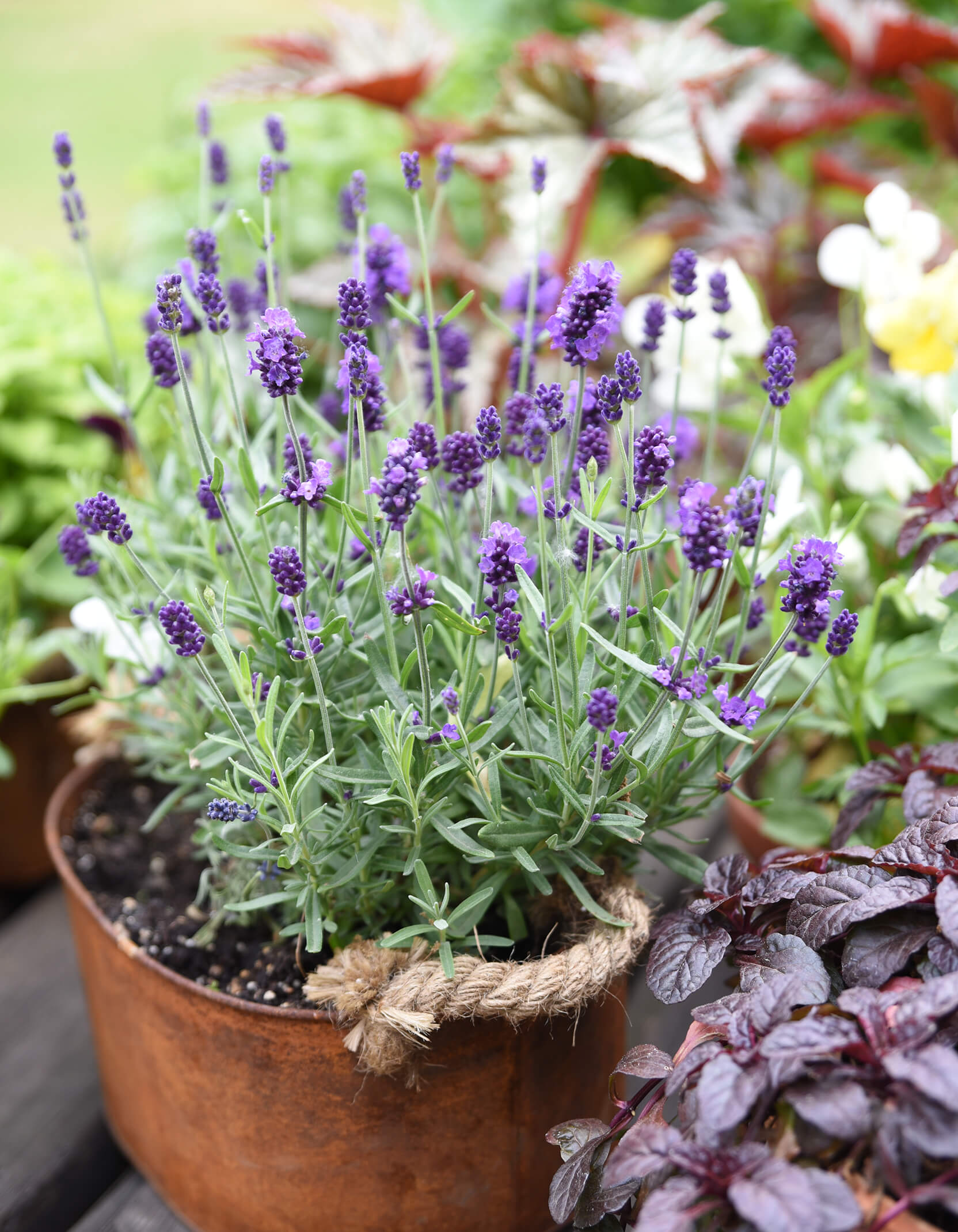
- Marigolds: Marigolds are another great choice for companion plants because they help to deter pests such as aphids, Japanese beetles, and spider mites. They also add a splash of bright color to your garden.

- Creeping thyme: Creeping thyme is a low-growing ground cover that can help to suppress weeds and improve the drainage around your roses. It also attracts bees and other pollinators, which will help to keep your roses healthy and productive.

- Alliums: Alliums, such as onions, garlic, and chives, can help to deter pests and diseases from your roses. They also add a touch of drama to your garden with their tall, elegant blooms.
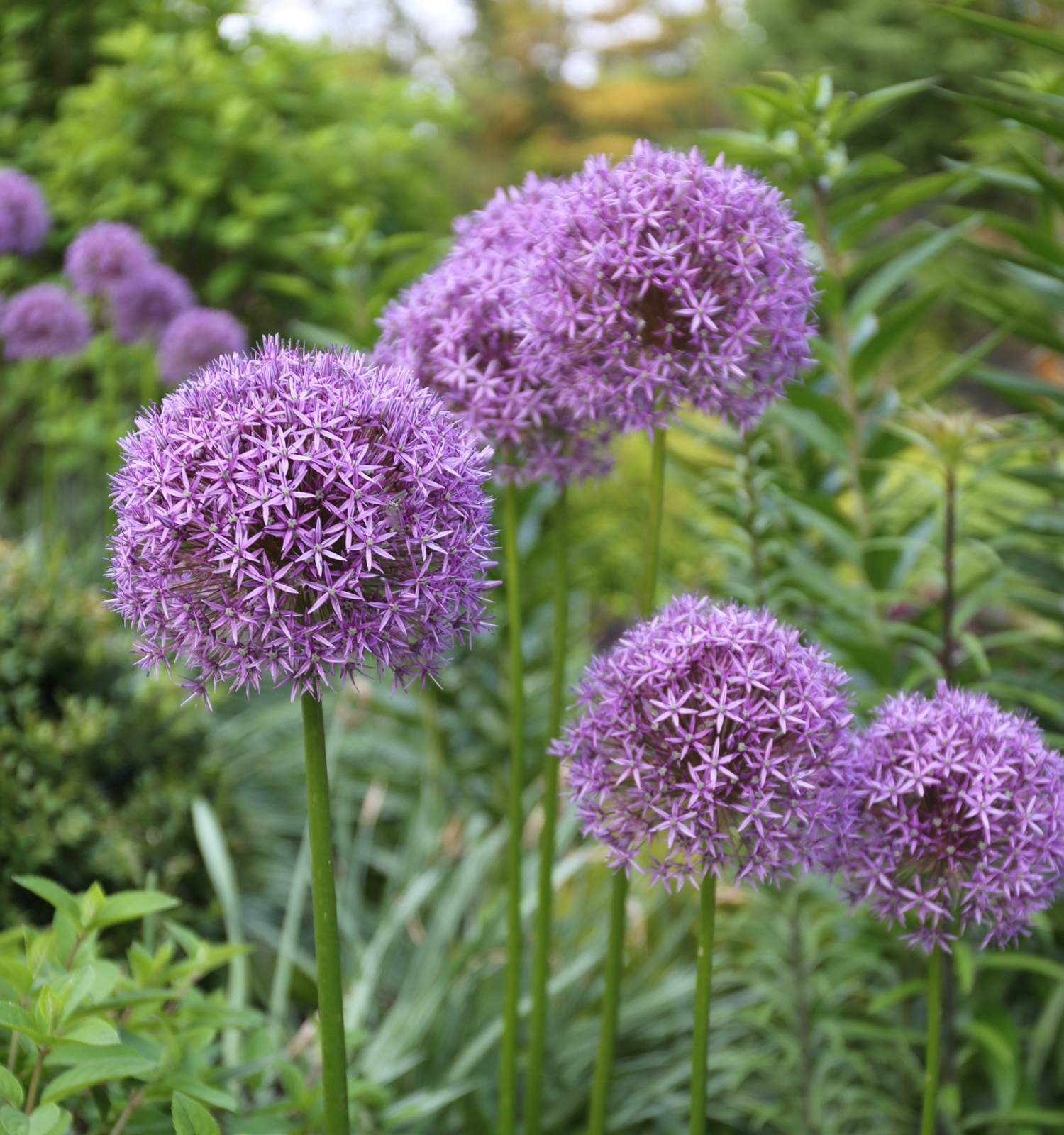
- Shasta daisies: Shasta daisies are a classic cottage garden flower that is easy to grow and care for. They add a touch of whimsy to your garden, and they also help to attract pollinators.
- Petunias: Petunias are a popular choice for container gardening, but they can also be planted in the ground near Knock Out roses. They come in a wide variety of colors, and they will bloom all season long.
- Salvias: Salvias are a diverse group of plants that come in a variety of colors and shapes. They are all attractive to pollinators, and they can help to deter pests from your roses.
Conclusion:
These are just a few of the many companion plants that can benefit Knock Out roses. By choosing the right companion plants, you can help to create a beautiful and healthy garden that will thrive for years to come.
Visit Home Gardening for more information about "knock out rose companion plants".
FAQ of knock out rose companion plants
What are some good companion plants for knockout roses?
There are many good companion plants for knockout roses, but some of the best include:
- Lavender: Lavender is a drought-tolerant plant that helps to repel pests. It also has a lovely fragrance that can help to mask the scent of roses, which some people find to be too strong.
- Salvia: Salvia is another drought-tolerant plant that can help to attract pollinators. It also comes in a variety of colors, so you can choose one that complements the color of your knockout roses.
- Coneflower: Coneflower is a tall, stately plant that can help to add some height to your garden. It also attracts pollinators and deer-resistant.
- Yarrow: Yarrow is a low-maintenance plant that can help to suppress weeds. It also has medicinal properties and can be used to make a tea.
- Chrysanthemum: Chrysanthemums are colorful flowers that can bloom all season long. They are also deer-resistant and attract pollinators.
What should I avoid planting near knockout roses?
There are a few plants that you should avoid planting near knockout roses, including:
- Peonies: Peonies are susceptible to the same diseases as knockout roses, so planting them together can increase the risk of disease.
- Tulips: Tulips are also susceptible to disease, and they can also compete with knockout roses for water and nutrients.
- Shrub roses: Shrub roses can be more susceptible to pests and diseases than knockout roses, so planting them together can increase the risk of infestation.
How far apart should I plant knockout roses and their companion plants?
The best way to determine how far apart to plant knockout roses and their companion plants is to consult the planting instructions for each plant. However, as a general rule, you should plant knockout roses at least 2 feet apart and their companion plants at least 1 foot apart.
How do I care for knockout roses and their companion plants?
The care requirements for knockout roses and their companion plants will vary depending on the specific plants. However, some general tips for caring for these plants include:
- Water regularly, especially during hot, dry weather.
- Fertilize once a year in spring.
- Deadhead flowers regularly to encourage new blooms.
- Protect from pests and diseases.
Image of knock out rose companion plants
- Lavender: Lavender is a classic companion plant for roses, and for good reason. It attracts pollinators, helps to repel pests, and its silvery foliage provides a nice contrast to the roses' blooms.

- Zinnia: Zinnias are another great companion plant for roses. They come in a wide variety of colors, and they bloom all summer long. Zinnias also attract pollinators and help to deter pests.

- Marigold: Marigolds are a popular choice for companion planting because they help to repel pests, such as aphids and spider mites. They also add a splash of color to the garden.
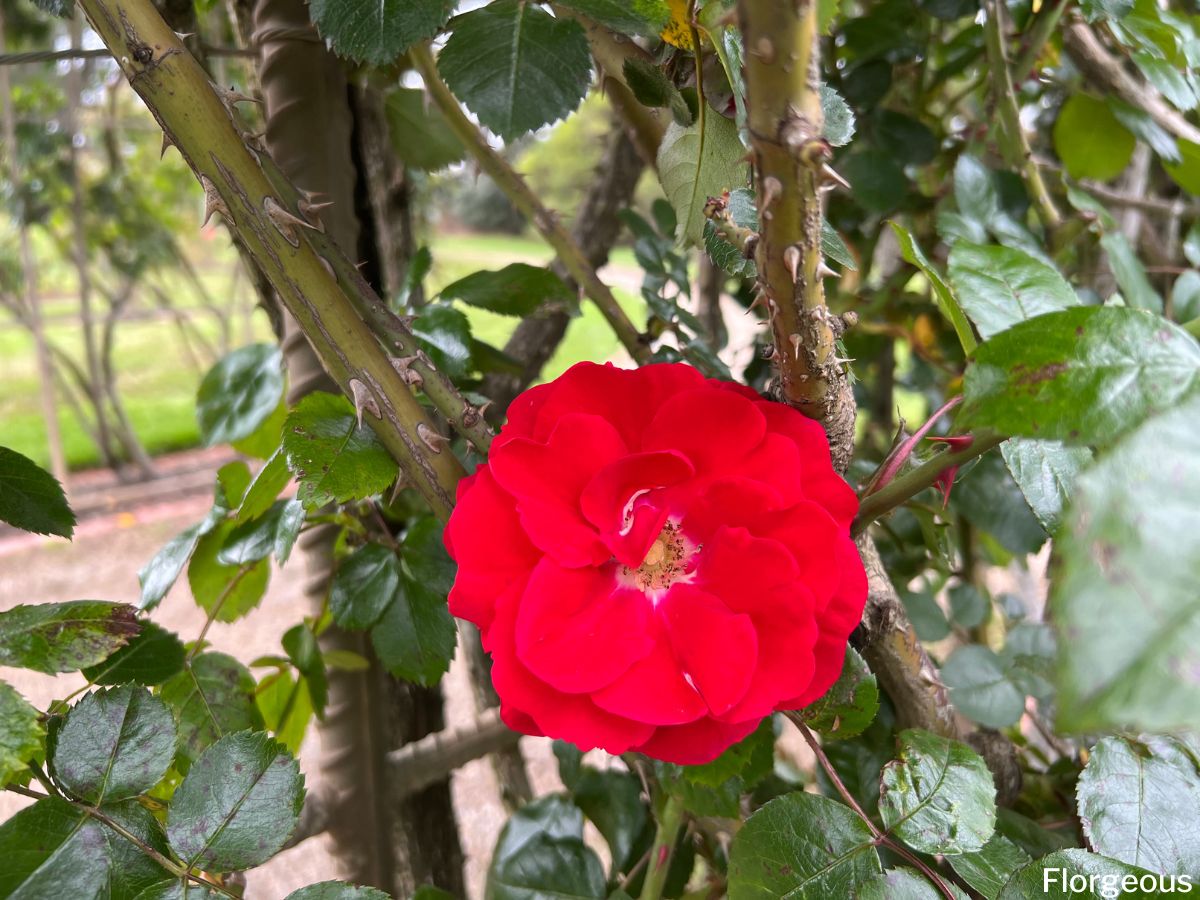
- Cosmos: Cosmos is a low-maintenance plant that is easy to grow. It blooms all summer long, and it attracts pollinators. Cosmos also helps to suppress weeds.
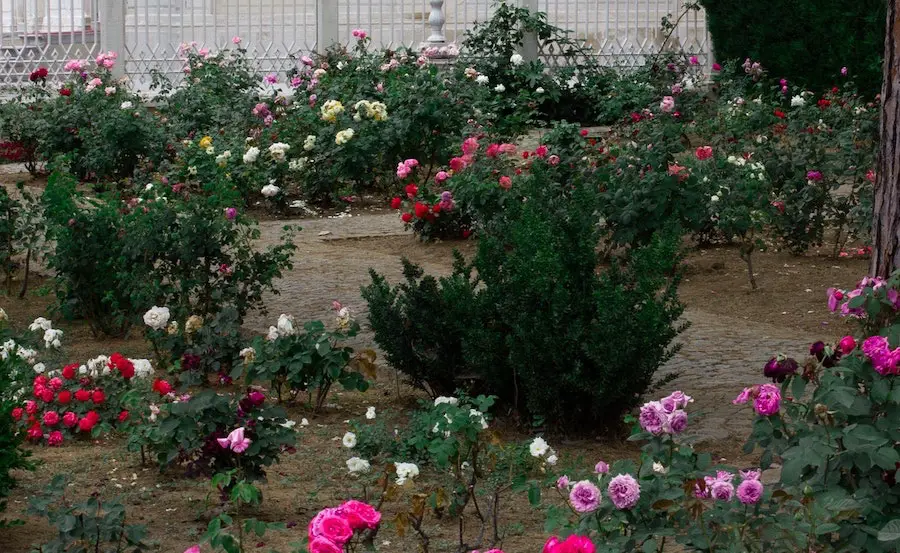
- Alyssum: Alyssum is a groundcover plant that is perfect for filling in the spaces around roses. It blooms all spring and summer, and it attracts pollinators.

- Shasta daisy: Shasta daisies are a classic cottage garden flower that is easy to grow and care for. They bloom all summer long, and they attract pollinators.
- Verbena: Verbena is a heat-tolerant plant that blooms all summer long. It attracts pollinators and helps to deter pests.

- Salvia: Salvia is a tall, upright plant that adds structure to the garden. It blooms all summer long, and it attracts pollinators.
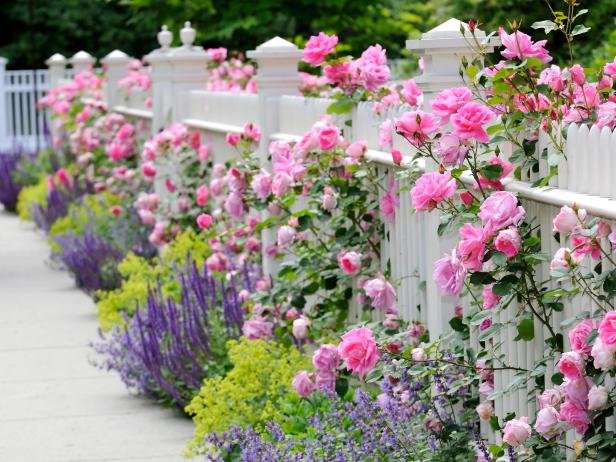
- Catmint: Catmint is a low-maintenance plant that is perfect for attracting pollinators. It blooms all summer long, and it has a pleasant fragrance that cats love.

Post a Comment for " Best Knock Out Rose Companion Plants"